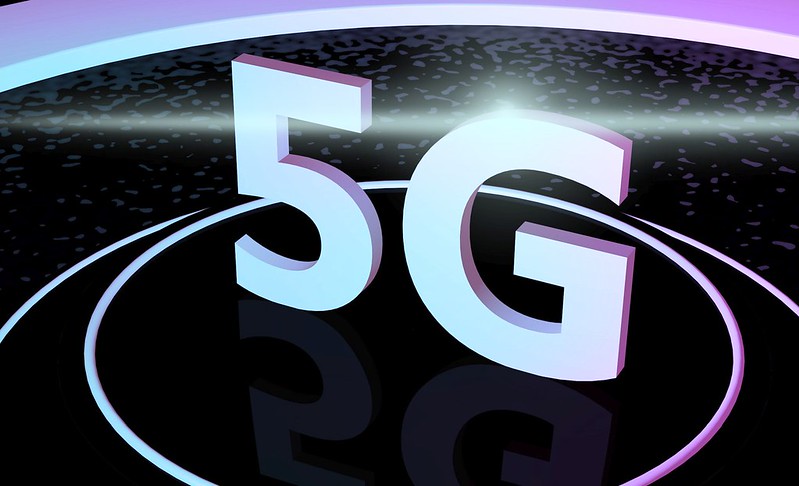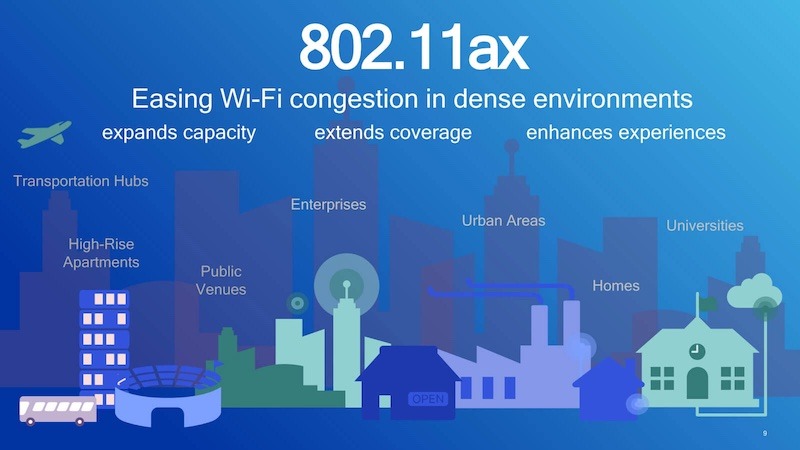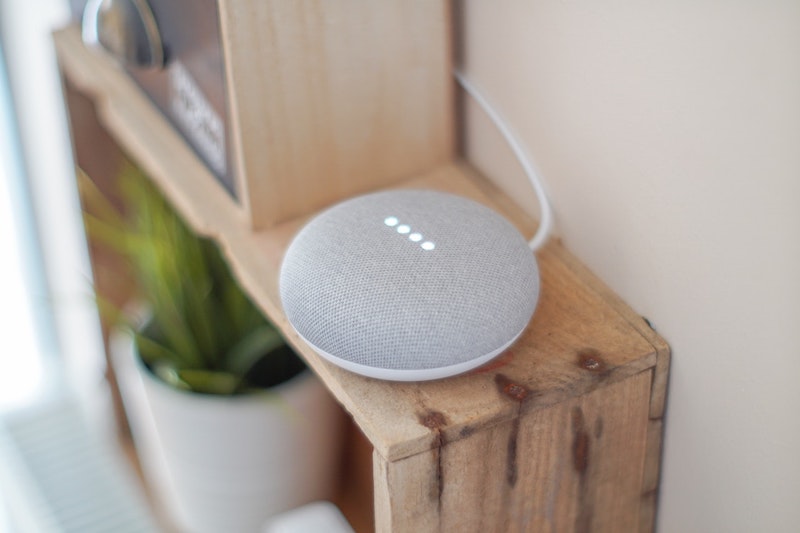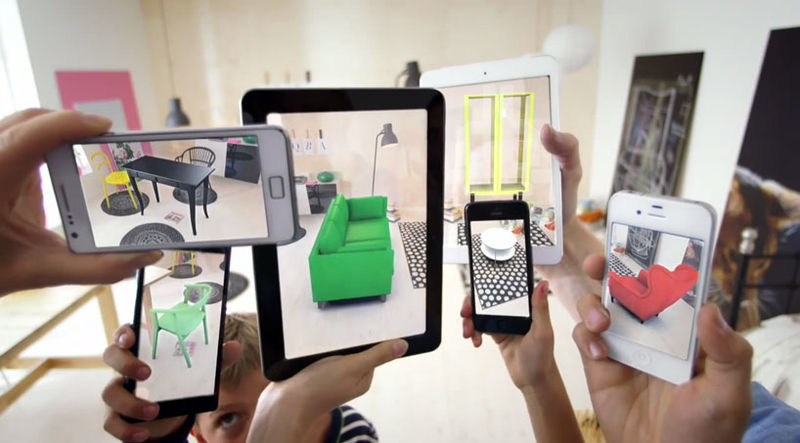
No matter how you look at it, the smart home and its related products are growing in market share. With our increasing need to be connected all the time, there is more to connectivity than just smartphones and computers these days. Still, smart home tech is, by and large, a young industry that is continuing to develop. As we edge closer to 2020, what technology are we most likely to focus on over the next 365 days?
5G Rollout Heats Up

While it is unlikely that 5G will be a truly dominant technology in 2020, it will see continued growth around the world. Everything from the Internet of Things to how quickly you can upload a photo to Facebook will be affected. There are high expectations on just how much high-bandwidth low-latency 5G networks will affect the smart home.
Improvements are expected across the board, as 5G technology won’t suffer from the same heavily-trafficked limitations of cellular carriers’ LTE networks. Verizon Wireless in the United States has promised that at least half the country will be covered with 5G in 2020. China recently announced the world’s largest 5G network. Competition in the 5G space will be fierce, and 2020 will lay the groundwork for the next decade.
Wi-Fi 6 Is the New Normal

The name “Wi-Fi 6” might be unfamiliar to many, but people are likely to benefit from it in 2020. Better known as 802.11ax technology, Wi-Fi 6 will begin its efforts to replace 802.11ac. Offering faster and more secure device speeds (especially for IoT), there is reason to believe that 802.11ax will run up to 40 percent faster. Add in the ability to hold a signal better, especially in congested areas like airports or stadiums, and it is a technology people will love.
This technology is already available to the masses with devices like the Samsung Galaxy S10 and a variety of routers. The market really saw an influx of Wi-Fi 6 products ready toward the latter half of 2019 but not as many as expected. That makes 2020 highly anticipated, while there is also hope this technology will be lower in price for faster adoption around the world.
Smart Assistants Get Smarter

Voice assistants are already one of the biggest battlefields to win space in your smart home. Expect to see Google, Amazon, Apple and new competitors surface in 2020. AI-powered technologies are only growing in use cases beyond just being able to turn your lights on and off. AI is a highly unpredictable field but it can be predicted that smart assistants are going to get smarter and smarter.
Amazon’s Echo lineup, as well as Google’s Nest products, are likely to see improvements over the next year. Throw in improved technology like 5G and Wi-Fi 6, and their capabilities as well as their reliability will grow leaps and bounds over the next 365 days. While we likely will not see voice assistants control our entire lives, the ability to give more complex instructions or ask more of your smart assistant will be a mainstay of 2020.
Smarter Kitchens
If there is one central point in a kitchen that deserves smart home technology, it is the refrigerator. Few appliances get more use, and they can do far more than just keep your food cool. For those homes that have a smart fridge, you are already dabbling in the future. You can sync your shopping list to your phone or receive an alert when the water filter needs replacing. Smart refrigerators are already becoming more available. but prices are expected to drop even more in 2020.

Imagine having your fridge read an entire recipe aloud while you prepare it. Sounds great, right? Well, that technology is already available, just not widespread. The same goes for smart microwaves. Amazon’s release of a microwave that works with Alexa might sound silly on the surface, but that all changes once you ask it to reheat a cup of coffee without pressing a button. After that, you are hooked.
Augmented Reality

Already widely available, this technology is expected to continue to grow even more over the next year. Integrating through smartphone apps has helped this technology grow, especially with Apple baking it into every new iOS device.
Large companies like Home Depot and Ikea have led the charge for furniture previews but there is widespread belief other industries will adopt this technology. Without the need for unwieldy glasses for virtual reality, the sky is the limit for AR, and 2020 is the year it can cement its mark as future tech.
Conclusion
There is no question that we have only scratched the surface of the smart technologies coming in 2020. Predicting the future is unsurprisingly challenging, especially as none of these technologies are “new.” That said, it is safe to say they will help dominate the smart landscape next year. What is your prediction for 2020? Is there something you are looking forward to? Let us know in the comments below.







